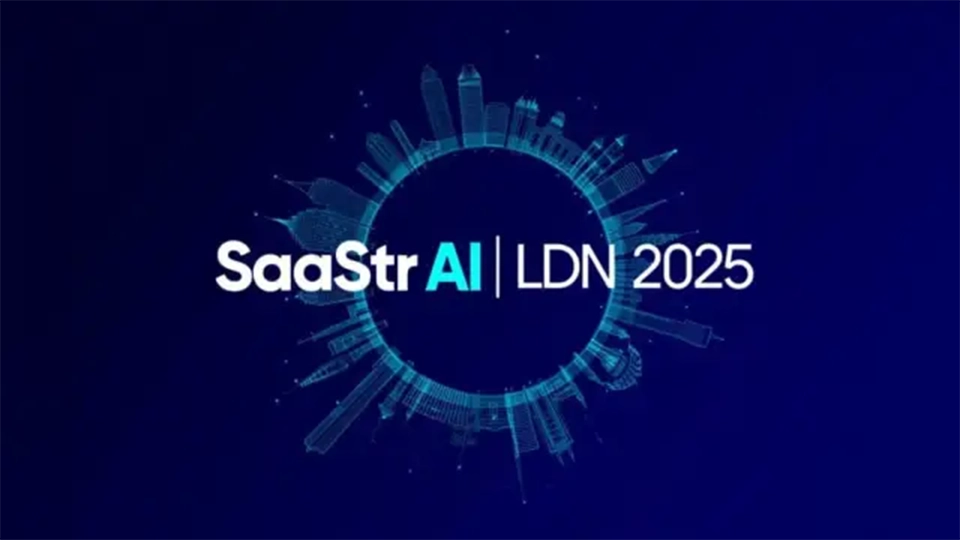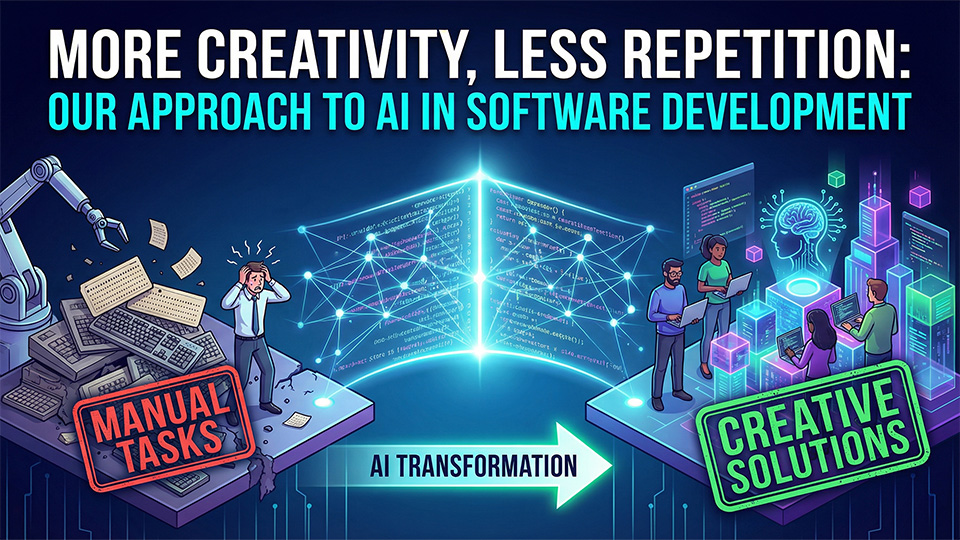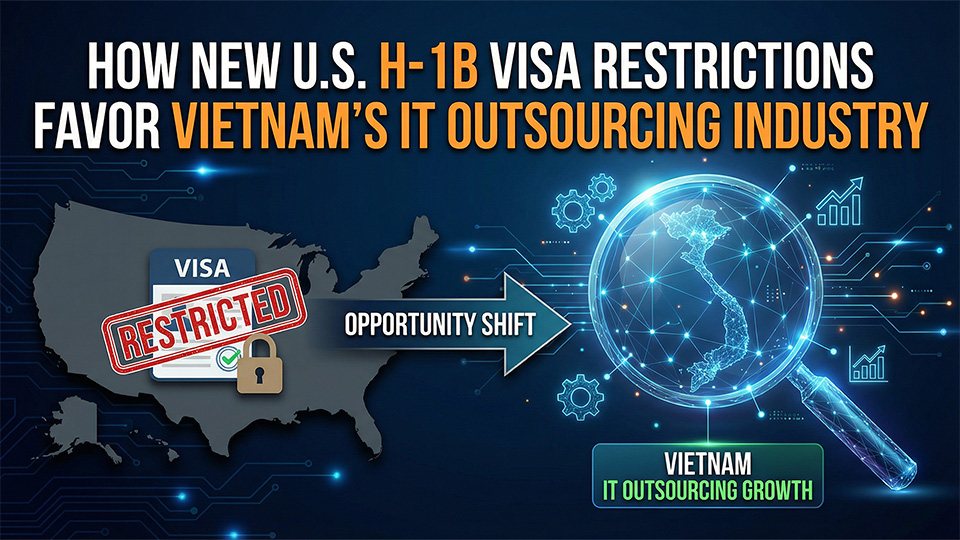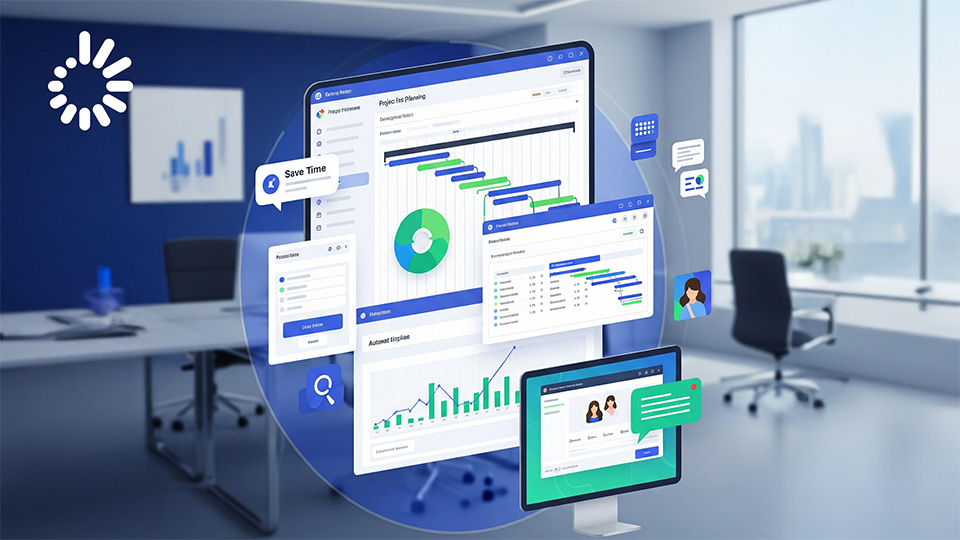May 23, 2023
What is Internet of Behavior? Definitions & Examples
The Internet of Behavior (IoB) is a concept that refers to the collection and analysis of data regarding individuals' behaviors, actions, and preferences by leveraging various technologies.
It involves the monitoring and tracking of user activities, both online and offline, to gain insights into their behaviors, interests, and decision-making processes. Understanding user behavior and preferences is crucial for businesses and organizations across various sectors.
Does the name IoB remind you of anything? As you might have guessed, the Internet of Behavior is closely related to the Internet of Things (IoT). The IoT refers to the network of interconnected devices that can collect and exchange data through the internet.
IoB leverages the data generated by IoT devices to gain a deeper understanding of user behavior. The combination of IoB and IoT enables organizations to create more personalized and context-aware experiences.
Examples of IoB Applications
Personalized Marketing and Advertising
IoB enables organizations to gather data on users' online activities, purchases, and interactions. This data can be analyzed to create personalized recommendations for products, services, and content. By understanding user preferences, organizations can deliver targeted suggestions, increasing engagement and conversion.
IoB can also be used by organizations to tailor their marketing messages and content based on individual user behaviors and preferences. By analyzing user data, such as browsing history, social media interactions, and demographic information, personalized messaging can be crafted to resonate with users on a deeper level, improving engagement and customer satisfaction.

Healthcare and Wellness Monitoring
IoB plays a significant role in healthcare by utilizing wearable devices, such as fitness trackers and smartwatches, to collect real-time data on individuals' fitness levels, vital signs, and overall health. This information can be analyzed to provide personalized health recommendations, track progress, and detect potential health issues.
IoB also enables remote patient monitoring through the use of connected devices that collect health data outside of traditional healthcare settings. This data can be shared with healthcare professionals, who can then intervene proactively, provide timely medical advice, and detect early warning signs, leading to improved patient outcomes.
Smart Cities and Urban Planning
IoB can help optimize transportation systems in smart cities by collecting data on travel patterns, traffic flows, and user behavior. This information can be used to improve traffic management, optimize public transportation routes, and reduce congestion, leading to more efficient and sustainable urban planning.
Indeed, cities can gather data from connected infrastructure and sensors to monitor the condition of critical systems, such as water supply networks or energy grids. This data can be used to predict maintenance needs, allocate resources efficiently, and minimize downtime, resulting in cost savings and improved service delivery.

Employee Behavior Monitoring and Productivity Enhancement
IoB can be used in the workplace to monitor employee behavior, including work patterns, collaboration habits, and task completion rates. By analyzing this data, organizations can identify inefficiencies, optimize workflows, and allocate resources effectively to enhance productivity and employee satisfaction. Organizations can also tailor training programs, provide targeted feedback, and foster continuous professional growth.

Benefits and Advantages of IoB
The Internet of Behavior (IoB) offers several benefits that enhance user experiences and enable personalization. By analyzing user behavior and preferences, organizations can deliver tailored and relevant experiences to their users. This personalization can lead to increased customer satisfaction, improved engagement, and stronger brand loyalty. Whether it's personalized recommendations, customized content delivery, or individualized marketing messages, IoB empowers organizations to create more meaningful and targeted interactions with their users.
IoB also enables organizations to streamline their operations and optimize resources. By analyzing user behavior and consumption patterns, organizations can gain insights into demand fluctuations, supply chain efficiencies, and operational bottlenecks. This information helps in predicting and managing inventory levels, optimizing production processes, and improving overall operational efficiency. Thus, IoB allows organizations to align their resources with actual user demand, reducing waste and costs while maximizing productivity.
IoB provides a deeper understanding of user preferences and trends, which is essential for organizations to stay competitive and relevant. By analyzing user behavior across multiple touchpoints, organizations can uncover valuable insights into evolving customer preferences, emerging market trends, and changing consumer behavior. This understanding helps in developing innovative products, creating targeted marketing strategies, and adapting business models to meet evolving customer needs. With IoB, organizations can proactively respond to market dynamics, making data-backed decisions that drive growth and success.
Privacy and Ethical Considerations
When implementing the Internet of Behavior (IoB), it is crucial to prioritize data protection and security. Organizations must employ robust security measures to safeguard the data collected from users. This includes encryption, access controls, secure storage practices, and regular security audits. By implementing strong data protection measures, organizations can ensure the privacy and security of user information, mitigating the risk of data breaches and unauthorized access.
Transparency is a key ethical consideration in IoB. Organizations should be transparent about the data they collect, how it is used, and who has access to it. Users should be informed about the purpose and scope of data collection, giving them the opportunity to provide informed consent. Clear and concise privacy policies and terms of service should be provided, ensuring users understand how their data will be utilized. Open communication and transparency build trust between organizations and users, fostering a positive relationship based on informed consent.

In the context of IoB, it is crucial to address biases and mitigate algorithmic discrimination. Algorithms used in IoB systems should be carefully designed and regularly audited to ensure fairness and mitigate biases. Bias can arise from various sources, including biased training data, algorithmic design, or unintended consequences of data analysis. Organizations should implement mechanisms to identify and rectify biases, ensuring equitable treatment and avoiding discrimination based on factors such as race, gender, or socioeconomic status. Regular monitoring and auditing of algorithms can help identify and mitigate biases to promote fair and ethical practices.
Future Trends and Implications
The future of the Internet of Behavior (IoB) will see a deep integration with advancements in artificial intelligence (AI) and machine learning (ML). As AI and ML algorithms become more sophisticated, they will enable more accurate analysis and interpretation of user behavior data. This integration will enhance the capabilities of IoB systems to uncover meaningful insights, predict user preferences, and deliver highly personalized experiences. The combination of IoB with AI and ML will drive further innovation and create new possibilities for businesses across various sectors.
One of the key challenges for IoB is striking a balance between personalization and user privacy. While users expect personalized experiences and recommendations, they also value their privacy and control over their data. Therefore, the increasing adoption of IoB raises important legal and regulatory considerations. As user data is collected and analyzed on a large scale, privacy laws and regulations will play a crucial role in governing how organizations handle and protect user information. Governments and regulatory bodies may introduce new laws or update existing ones to address the unique challenges posed by IoB, including data privacy, consent, data sharing, and user rights. Organizations will need to stay updated with the evolving legal landscape and ensure compliance to maintain user trust and avoid legal repercussions.
IoB has the potential to transform various industries beyond its current applications. As the technology matures and organizations recognize the value of user behavior insights, IoB will expand into new domains. Industries such as retail, finance, entertainment, and education can leverage IoB to create personalized shopping experiences, improve financial decision-making, deliver tailored entertainment content, and enhance learning experiences. The versatility of IoB opens up opportunities for innovation and disruption across a wide range of sectors, leading to new business models and improved customer experiences.
Conclusion
In conclusion, the Internet of Behavior (IoB) holds great potential for understanding and leveraging user behavior and preferences. Through the collection and analysis of user data, IoB enables personalized experiences, improved decision-making, streamlined operations, and a better understanding of user trends.
However, it is essential to address privacy and ethical considerations by implementing data protection measures, ensuring transparency and user consent, practicing responsible data usage and storage, and mitigating biases and algorithmic discrimination.
The future of IoB will involve integration with AI and machine learning, necessitating legal and regulatory adaptations, expanding applications across industries, and finding a balance between personalization and user privacy.
By embracing these trends and considerations, organizations can harness the full potential of IoB while maintaining trust and ethical practices. We are impatient to see how IoB will evolve in the years to come!
Are you prepared to grasp the power of user data? We certainly are!
Get in touch with Dirox to explore how our digital solutions can leverage it to drive your success!

Sources:
- What is Internet of Behavior?
- What is the Internet of Behavior and Why is it Important for Business?





























.svg)













